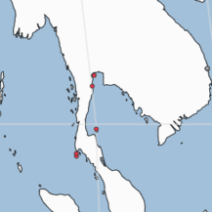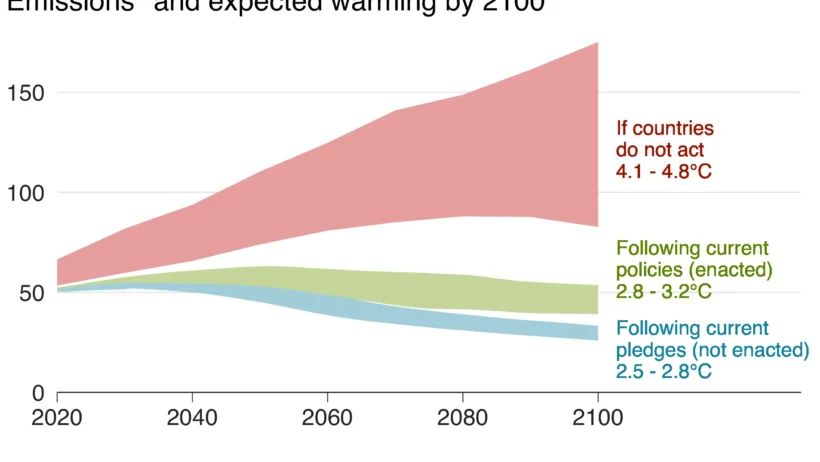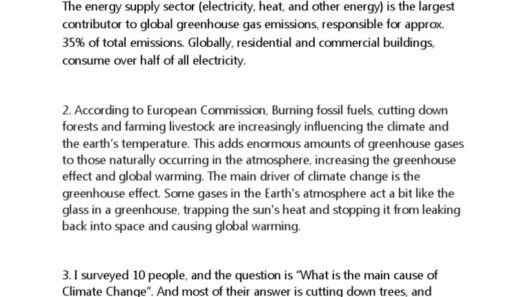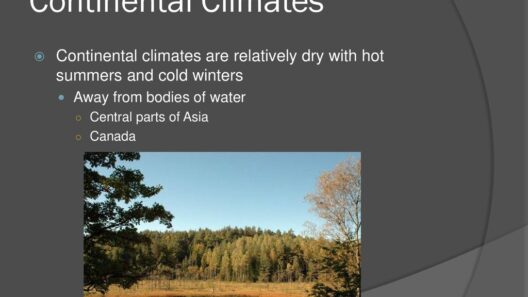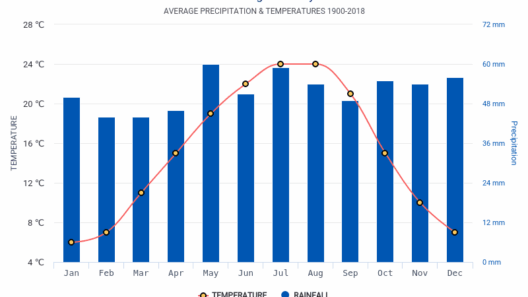The ceaseless march of time has placed us at a critical juncture in the annals of humanity—a crossroads where the specter of climate change looms large, casting shadows over our collective future. As we confront this monumental challenge, it becomes imperative to interrogate the question: Are we genuinely addressing the climate crisis unfolding before us? The answer, a tapestry woven with threads of both commendable progress and disheartening pitfalls, reveals a narrative far more complex than merely describing our efforts as successful or abysmal.
First, it is essential to take stock of the impressive strides we have made in recent years. A burgeoning awareness surrounding climate change has catalyzed a global movement—a burgeoning chorus of voices advocating for sustainability, renewable energy, and a return to ecological equilibrium. Transitioning away from fossil fuels is perhaps one of the most monumental shifts observed thus far. Nations worldwide are committing to net-zero emissions and investing in alternative energy sources such as solar, wind, and hydropower. These investments not only signify economic opportunities but resonate with the profound ethical responsibility we owe to future generations, allowing us to redefine prosperity on our terms, not dictated by fossil fuel dependence.
Consider the meteoric rise of solar energy technologies. Solar panels are no longer the experimental novelties of yesterday but have emerged as symbols of societal progress, cropping up on rooftops like flowers in spring—indications of not only a departure from carbon-intensive practices but also a rejuvenation of community spirit as neighborhoods come together in collective action. Furthermore, technological innovations in carbon capture and storage are beginning to bear fruit, providing mechanisms to mitigate the adverse effects of our past transgressions.
However, this narrative of advancement is punctuated by significant obstacles. The very systems that have propelled human civilization into unprecedented affluence—the economic paradigms—are often entwined with the very practices that exacerbate climate change. The iron grip of the fossil fuel industry is steadfastly entrenched in global economies, wielding its influence with astounding tenacity. The environmental cost of maintaining this status quo is staggering, resulting in both tangible destruction and insidious delays in transitioning to sustainable alternatives. Politicians, often beholden to these powerful lobbies, find themselves ensnared in a paradox of promises unkept.
Moreover, the rhetoric surrounding climate commitments often outpaces reality. Land, flora, and fauna continue to bear the brunt of industrial activity. While nations assemble at grand summits to negotiate treaties and declarations underscoring their intentions to combat climate change, implementation is frequently disjointed. Additionally, the urgency of climate action often clashes with competing economic interests, leading to compromises that dilute the very essence of purported commitments. The Paris Agreement, for instance, paints a hopeful picture, but far too many signatories have yet to translate ambitions into actionable policy changes. Are pledges of fame not simply whispers in the wind without diligent adherence and rigorous accountability?
The dichotomy of progress and pitfalls extends beyond policy frameworks; it permeates societal perceptions. The sustainability narrative often skews toward individualistic approaches—encouraging recycling or reducing plastic use—as a panacea for much larger systemic issues. While these actions are indeed laudable, the danger lies in the mythos that they are sufficient to offset the overwhelming scope of the problem. Climate change is not merely a series of lifestyle choices; it is a multifaceted crisis that requires revolutionary shifts in governance, economic structures, and community engagement.
Nevertheless, glimmers of hope persist. The youth-led climate movement has surged forth as a beacon of collective determination, galvanizing a generation to demand more from their leaders and hold them accountable. Striking images of young activists flooding city streets serve as potent reminders that the voices of the most vulnerable—those who will face the harshest realities of climate upheaval—are rallying against apathy. Their dogged optimism breathes life into the narrative, invigorating a discourse that insists on urgent action where inaction has reigned supreme.
Furthermore, grassroots initiatives are blossoming worldwide, whether through local agriculture that promotes food sovereignty or innovative conservation programs designed to restore biodiversity. These endeavors underscore the notion that solutions do not merely reside within the halls of power but are also deeply rooted within communities. The regenerative practices of indigenous cultures offer a rich repository of knowledge, teaching us that harmony with nature is not only possible but also essential for survival.
In this intricate tapestry of progress, pitfalls, and promises, it becomes evident that while strides have been made, they remain insufficient in light of the monumental challenge we face. The interlinkage of human activity and environmental health necessitates a paradigm shift toward holistic approaches that integrate ecological and social sustainability. We possess the tools, knowledge, and innovative spirit to navigate this quagmire. Yet, we must steadfastly commit to the endeavor, recognizing that the fabric of our collective future hinges upon our actions today.
Ultimately, the question remains: Are we truly fixing climate change? The answer is nuanced, steeped in both optimism and urgency. Our journey is fraught with challenges, but steadfast hope fuels the belief that we can shift the trajectory toward one of resilience and rejuvenation. In the face of adversity, the human spirit is capable of remarkable resilience. By coming together—individuals, communities, and nations alike—we possess the power to carve a sustainable path forward, ensuring the planet thrives for generations yet to come. The time is now; the essence of our legacy beckons us to act decisively.
